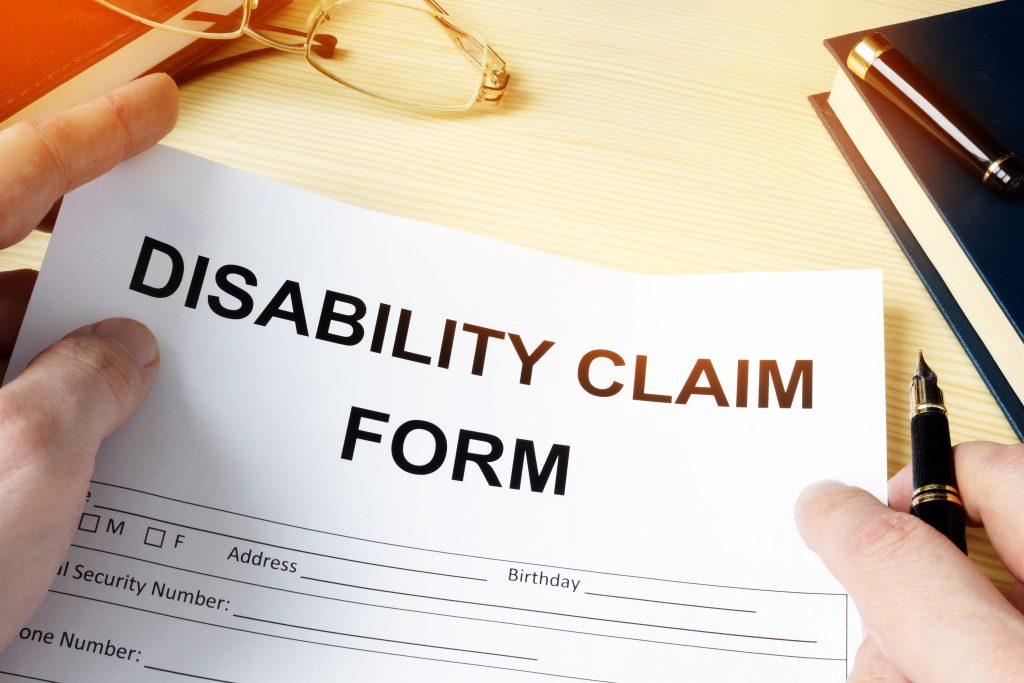Many long-term disability insurance claims are denied because the claimant does not qualify as having a “disability” under the policy. Even if you know your condition keeps you from working, you can still be surprised to receive a denial for this reason. Policies can vary significantly in how they define disability, and you want to be sure that you provide the information and supporting evidence necessary to demonstrate your disability to the insurer.
Too many people receive claim denials because they did not adequately show they have a disability that qualifies under their policy. If you would like assistance with a claim or already received a denial, you should consult with an experienced disability claim attorney right away. The Garner Firm, Ltd. assists clients in Pennsylvania, Philadelphia, the Delaware Valley, Maryland, and New Jersey with all stages of the disability claim process, so do not hesitate to call today.

Understanding Your Policy
It is important to understand the language of your insurance policy and how it defines a “disability.” You should not hesitate to request a copy of your long-term disability insurance plan from your employer or plan administrator for your review. The policy should specifically set out what does and does not qualify as a disability, which might include:
- Specific named conditions
- A condition that prevents you from returning to your specific job
- A condition that prevents you from performing any type of work
Sometimes, it can be challenging to understand definitions included in your policy, as the language can be complex and dense. You can always consult with a disability lawyer if you have questions about your qualifications under your specific plan or need assistance proving you deserve benefits.
Total Disability
Many long-term disability plans require claimants to be “totally disabled.” This generally means that a long-term injury or illness prevents you from performing the substantial duties of your occupation. Proving total disability requires significant medical documentation and the opinions of medical professionals. Your healthcare provider will likely need to submit a letter stating that your impairment is such that you are disabled, as well as detailing how your condition impairs your ability to work. It is important to have legal assistance when gathering evidence for your claim, as the right attorney can determine whether you have sufficient documentation to qualify as disabled.
In certain situations, your disability policy might not require total disability, as it may provide partial disability benefits. This might be the case if your injury or illness keeps you from working at your current full-time job, but you might be able to work at the same or different job part-time.
Contact a Philadelphia Disability Claim Attorney for Assistance
Compiling evidence for a successful long-term disability claim is a difficult task. If you have a qualified disability, it can be wise to enlist the help of an experienced long-term disability lawyer in Pennsylvania, Philadelphia, the Delaware Valley, Maryland, and New Jersey. The Garner Firm, Ltd. assists with the claims process, including filing initial claims and appealing denials. Contact us to learn more today.
